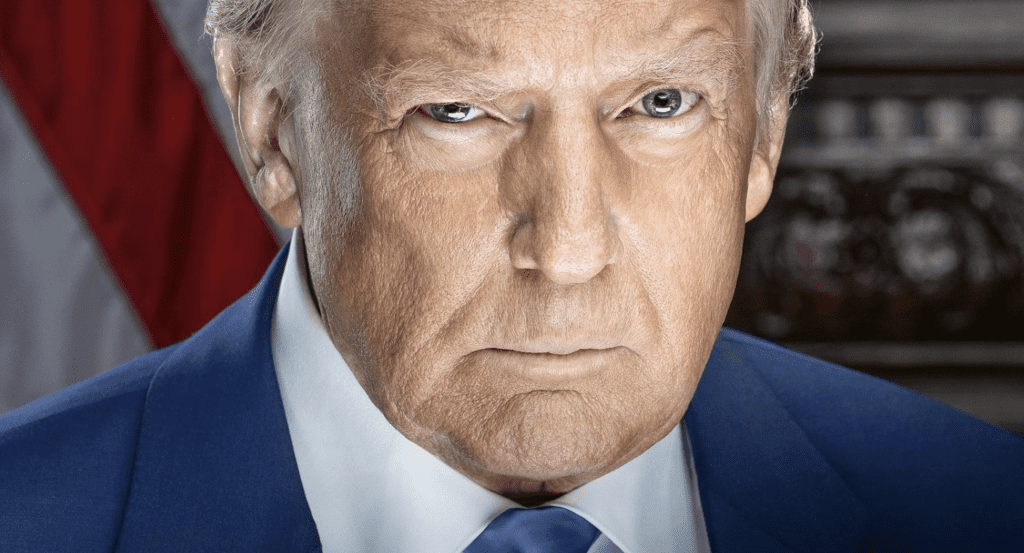Beijing has condemned US media outlets facing funding cuts from former President Donald Trump, labeling them as having a “notorious” history of reporting on China. Meanwhile, Cambodia’s ex-leader, Hun Sen, praised Trump’s decision, calling it a bold step in “combating fake news.”
Trump Cuts Funding to VOA, RFA, and Other Media Outlets
Last week, Trump signed an order to freeze funding for Voice of America (VOA), Radio Free Asia (RFA), Radio Free Europe, and other news organizations. The move was part of his broader efforts to reduce federal spending.
Radio Free Asia was originally launched to provide news coverage in regions with tight media restrictions, including China and North Korea. Over the years, it has extensively reported on sensitive issues, particularly those Beijing seeks to suppress.
READ ALSO: Trump and Putin Discuss Ceasefire in Ukraine, Limited Progress Made
China Calls US Media “Notorious” Amid Funding Cut
During a daily briefing, Chinese Foreign Ministry spokeswoman Mao Ning declined to comment on US domestic policies but criticized the media outlets involved.
“I think it is no secret that some of the US media you mentioned have a notorious track record in reporting on China,” she stated.
Chinese state-backed newspaper Global Times went further, branding Voice of America a “lie factory.”
“The so-called beacon of freedom, VOA, has now been discarded by its own government like a dirty rag,” an editorial stated.
China has long accused Western media of bias and imposes strict regulations on foreign journalists. It also heavily censors coverage of topics such as alleged human rights abuses in Xinjiang and Tibet, as well as the crackdown on pro-democracy activists in Hong Kong.
Cambodia’s Former Leader Praises Trump’s Move
Former Cambodian leader Hun Sen, who ruled for nearly four decades, expressed support for Trump’s decision. He claimed that US-funded media had long targeted him and praised the funding freeze as a necessary step against “fake news.”
VOA and RFA have been highly critical of Hun Sen, covering his suppression of independent media and political opposition.
In response to past tensions with US media, China also tightened regulations. In 2020, Beijing ordered US news agencies, including VOA, to disclose their staff details, finances, and operations within China. This move escalated a media conflict between Washington and Beijing, leading to the expulsion of several American journalists.




















